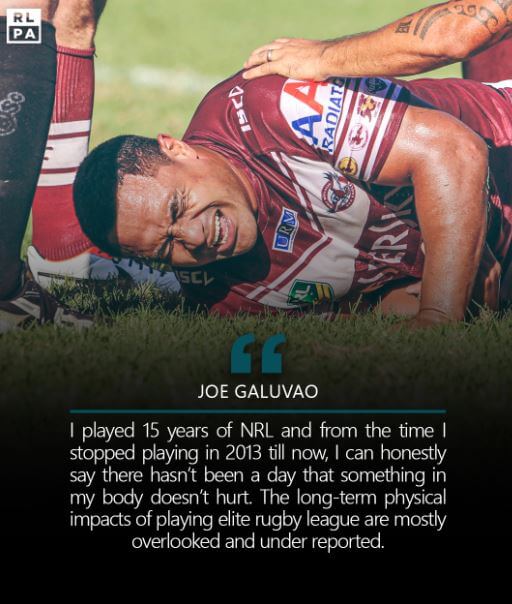A new sector is joining the post-lockdown wave of industrial action; the NRL never fails to capture the zeitgeist. Strike action from the Rugby League Players Association could disrupt the kick-off to the 2023 NRL season, planned for 2 March. That’s according to one of the chief advocates for the players, premiership winning halfback and North QLD Cowboys captain, Chad Townsend.
“I’d love to say it will be all done by then, but I can’t see it happening given how long it has already taken to get to where we are now,” said Townsend.
Expectations were that the collective bargaining agreement would be finalised by October 2022. That isn’t how things have panned out.
Townsend told the Sun-Herald players were particularly rankled by the NRL’s plans to cut paid leave provisions from nine to six weeks. They feel rule changes have made the game even more physically demanding in recent seasons.
Management have proposed to increase payment to players from $980 million to $1.35 billion total over the five years of the agreement. This included raising the minimum contract from $80,000 to $120,000.
Unsurprisingly then, there has been resentment about the dispute expressed by the old guard. The 1980s-era Kangaroos and Blues back-rower Noel Cleal raged about current players being “greedy,” saying, “They want for nothing…It’s all given to them.”
However, the players’ association was embittered when these payment figures and other changes were announced publicly by NRL management, before agreement had been reached with the association on the deal as a whole.
At present, players are excluded from workers’ compensation law and are only covered for post-career surgery and rehabilitation for 12 months. They want a Medical Support Fund set up to support retired players, and those who are injured and require surgery and/or rehabilitation before they can secure a new contract.
This is a necessary but challenging problem to address. Greater awareness of the ongoing health consequences of concussion have likely spooked management about taking on potentially very long-term medical liabilities.

Players also want better support for making a career after footy. The average career of an NRL player is just 45 games.
Lastly, the players’ association wants NRL management to commit to signing a collective bargaining agreement with players in the women’s league.
“The salary cap announcement doesn’t address any of that,” said Towsend, “but it’s their way of hindering our wishes.”
Last week, the Newcastle Knights players cancelled a full team interview and photo session, which was scheduled as part of pre-season promos. Some uncontracted players have been left stranded, as all sides wait to hear the new salary cap per club before they commit to terms. So a big question-mark hangs over Round 1 at the start of March.
Follow Christian on Twitter for more news updates.
Sign Up To Our Free Newsletter